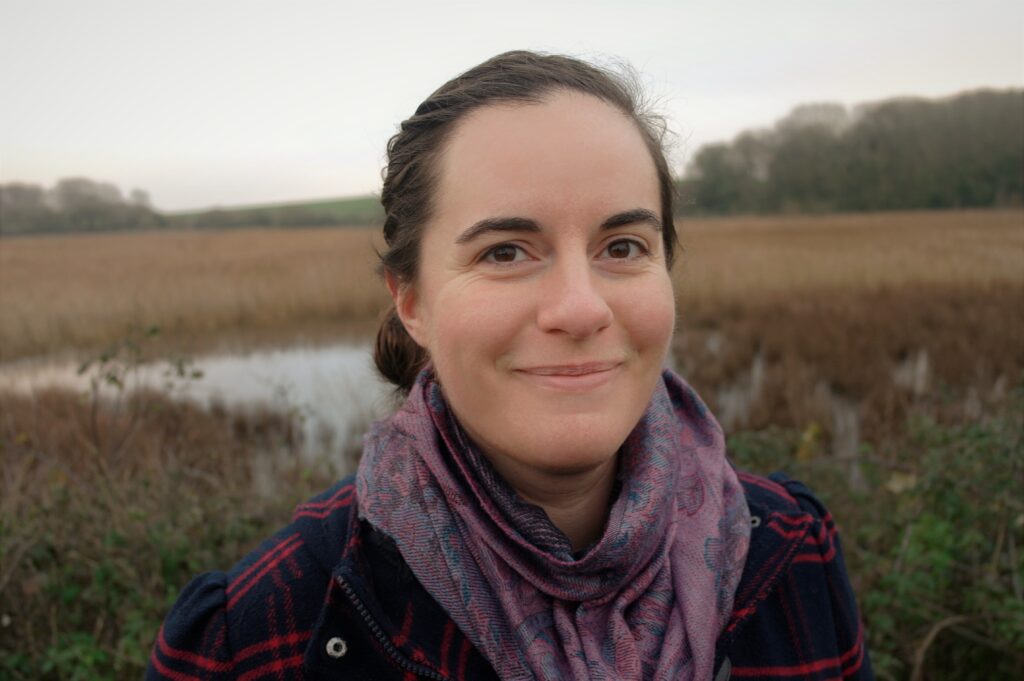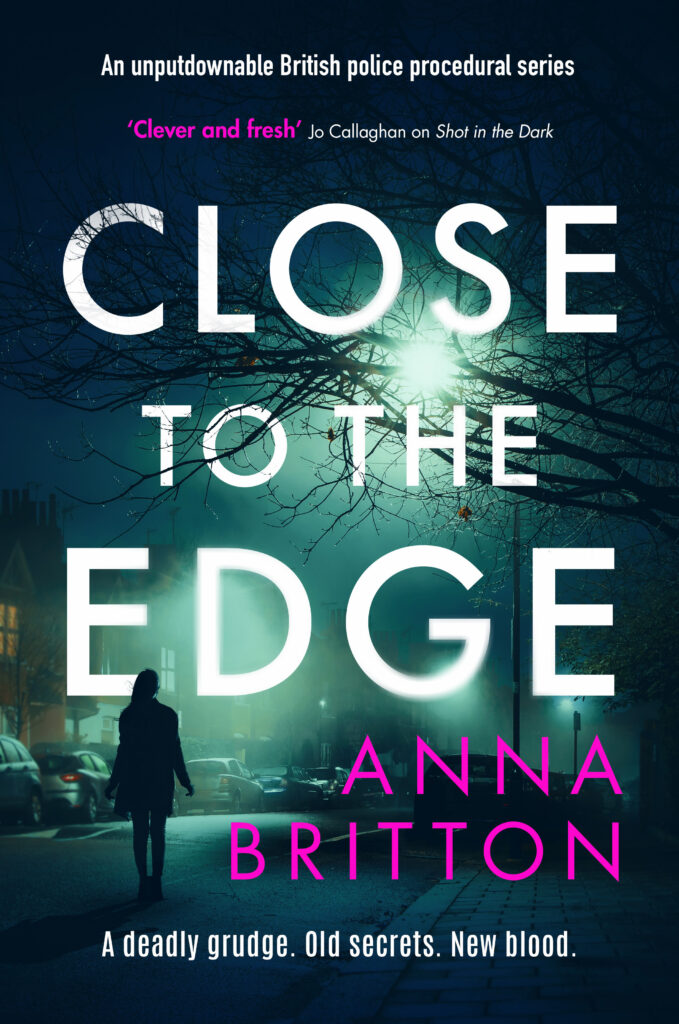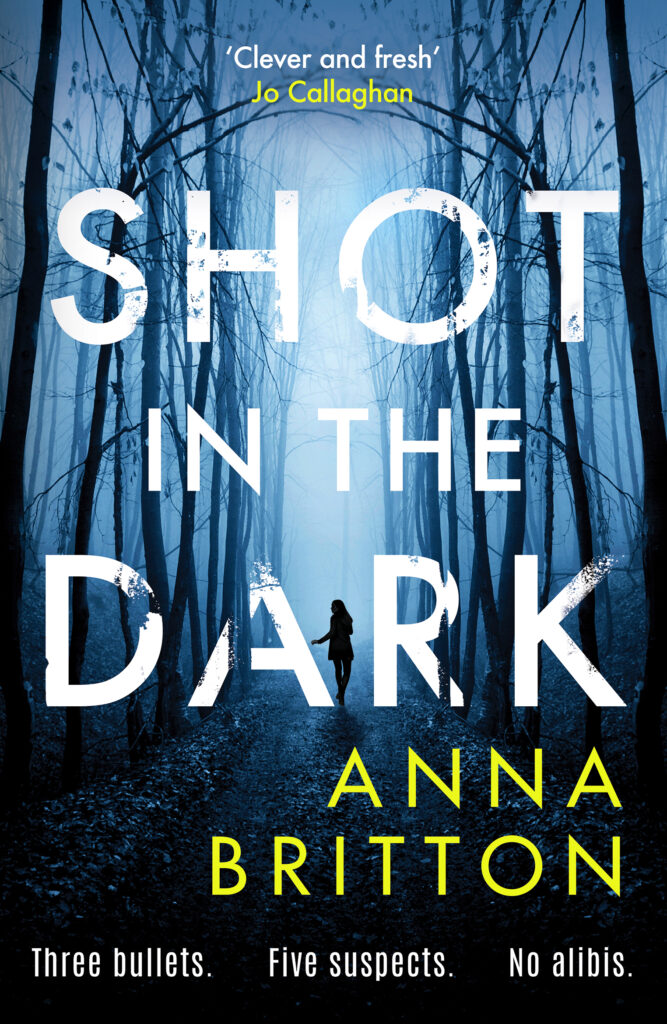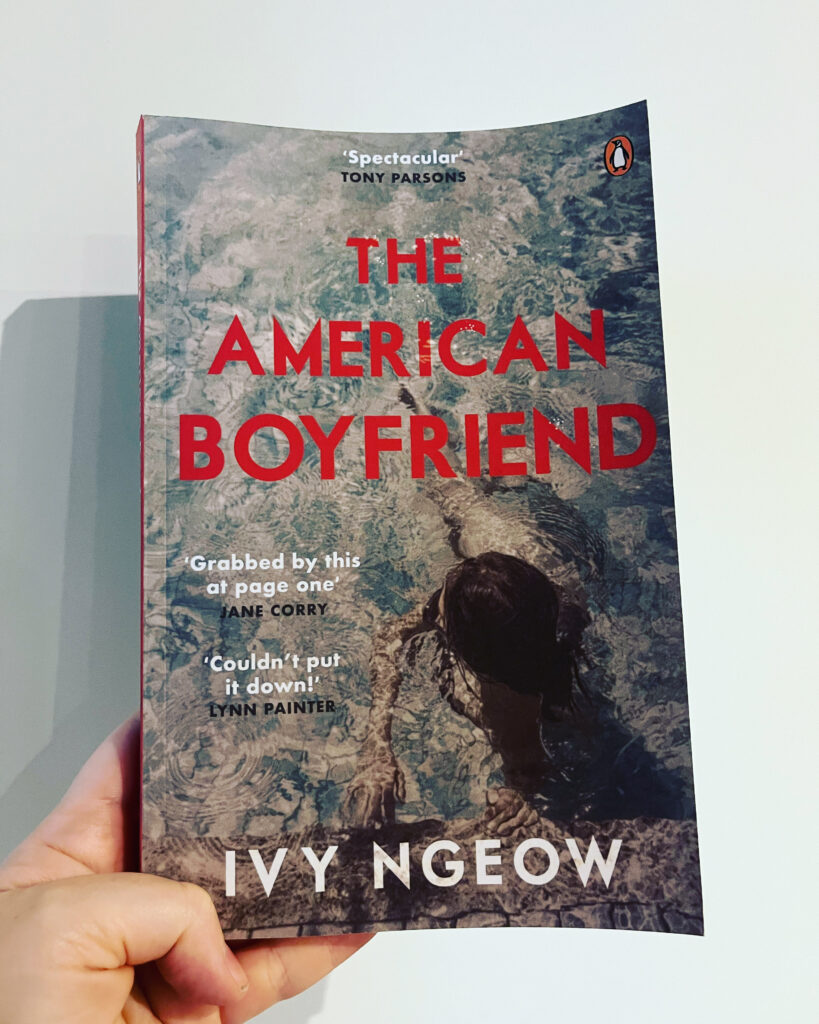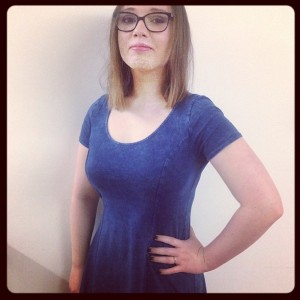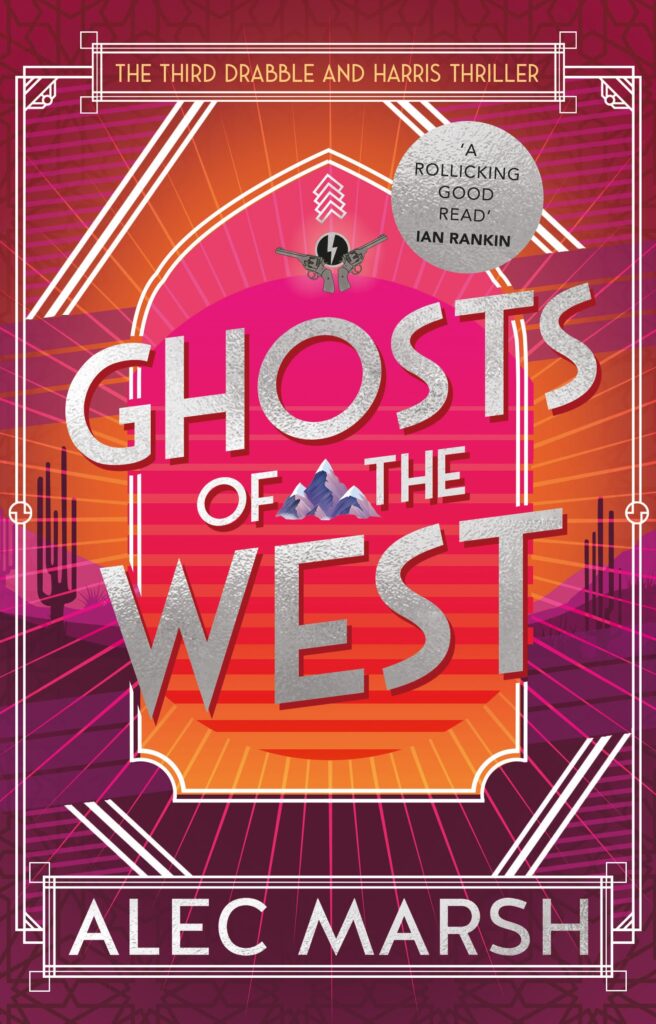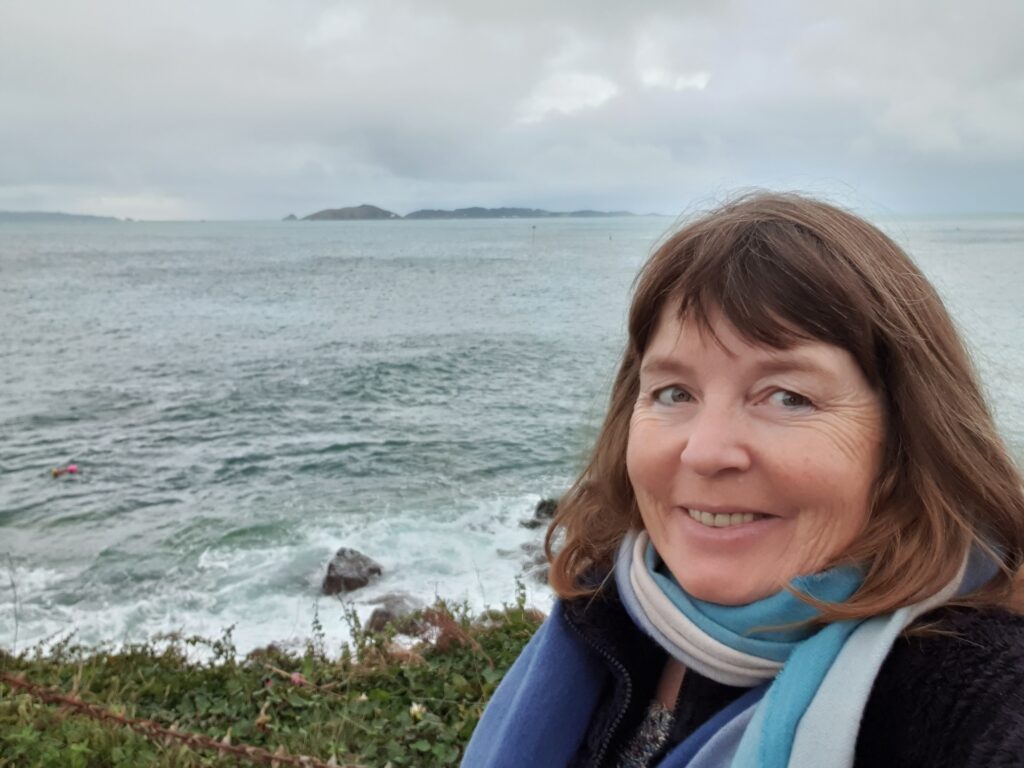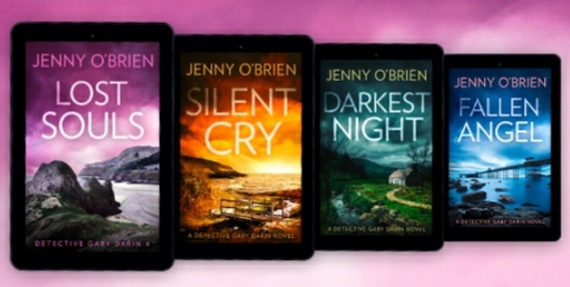My first fiction book, Ember, came out in 2022. As a baby author my overwhelm was helped by being part of a debut group. I was so grateful to become a published author that I was naive. It was a big rollercoaster of emotions as I tried to make my way. Before And After The Book Deal by Courtney Maum was a lifesaver. Full of great advice. It’s like having someone to hold your hand through a tough journey.
I am two weeks out from publication day on my second book. This is not a drill. Where The Light is Hottest will be out on February 27th. I am excited and stressed all at the same time. I wrote a piece about the book for The Sunday Times. I am also doing a good number of events and podcast interviews in the future.
I don’t think people realise how much work goes into being a writer. There are endless trips to the post office (over £17 to post four books. Yikes), interviews and an endless amount of emails. Months and years can go into the publication of a book. I signed the contract in July 2023. I wrote the first draft of the book nine years ago. I entered it into The Good Housekeeping writing competition. I was upset when it didn’t win but it wasn’t ready then. Nowhere near it. I finally got the book where I wanted it to be by reading other books with the same energy.
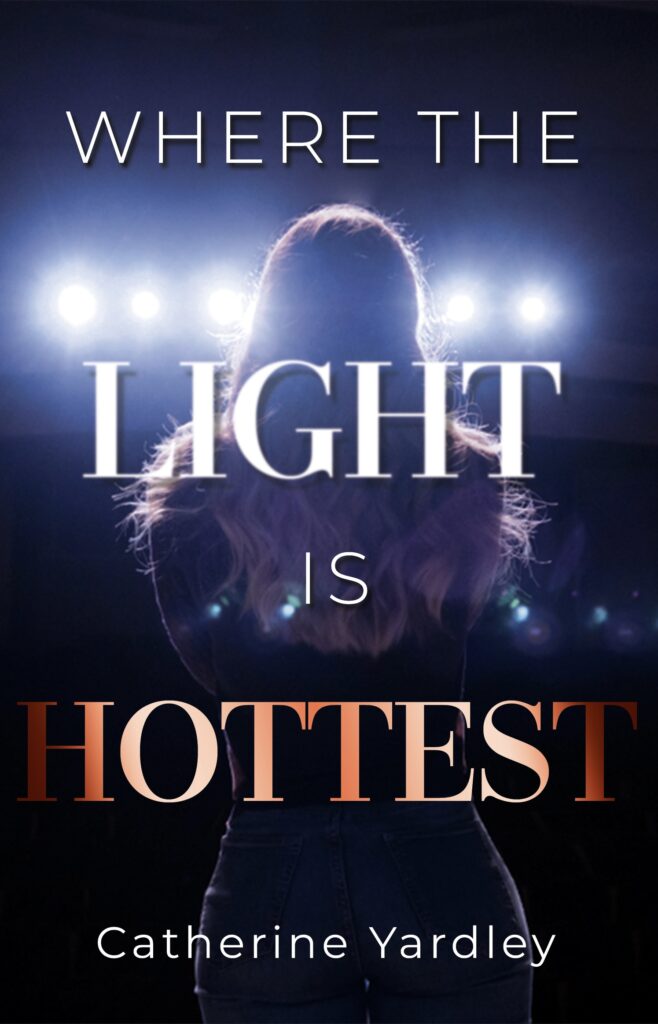
Where The Light is Hottest is based on my experiences in the film industry. It has lots of gossip and backstabbing. It has female friendship and is a feminist tale of survival and what it takes to achieve your dreams.. The main character, Natasha Jones, is Scottish and some of the book is set in Lanarkshire, Scotland. It is also set in London, New York, LA and Gstaad. It is dual timeline, told from the past as Natasha makes it, alongside her friends Scarlet and Claudia from drama school, and in the present as people try to bring her down. She is a famous, Oscar-winning, actress and dark forces are at work. Spreading rumours and sharing stories about her to Popbitch. If any of this sounds like your thing you can preorder here: https://tinyurl.com/Where-The-Light-is-Hottest
I will be writing a lot about author life. So keep an eye out for more.

